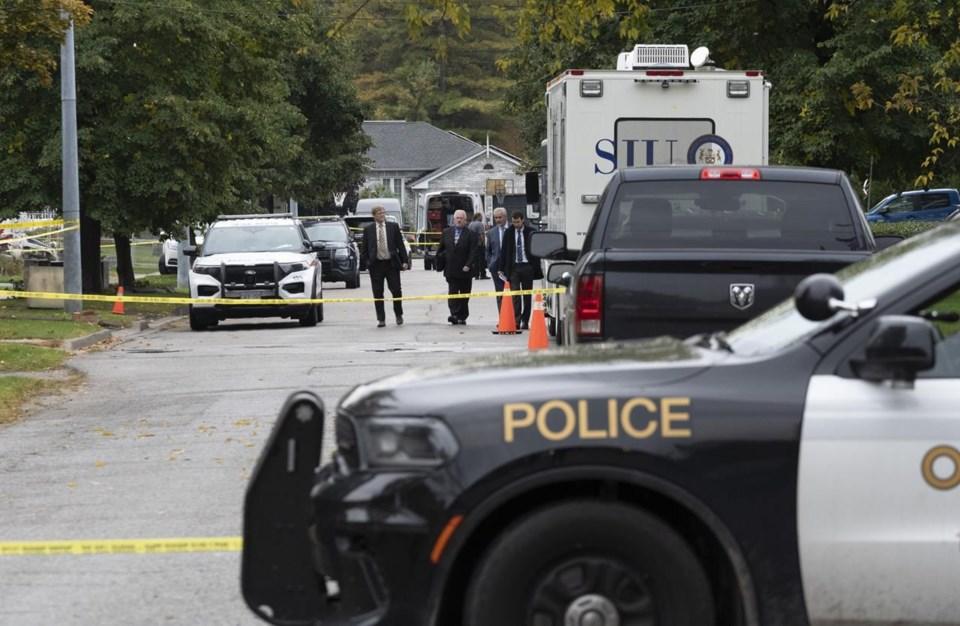On the heels of the fatal shooting of two police officers in Innisfil, Ont., the president of the Toronto Police Association (TPA) says firearms trafficking and violence are increasing and Ottawa’s efforts to curb gun violence are missing the mark.
“The proliferation of firearms up here in Canada from the U.S.—it is out of control in my opinion,” Jon Reid told The Epoch Times.





